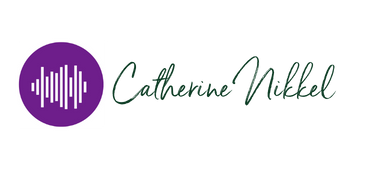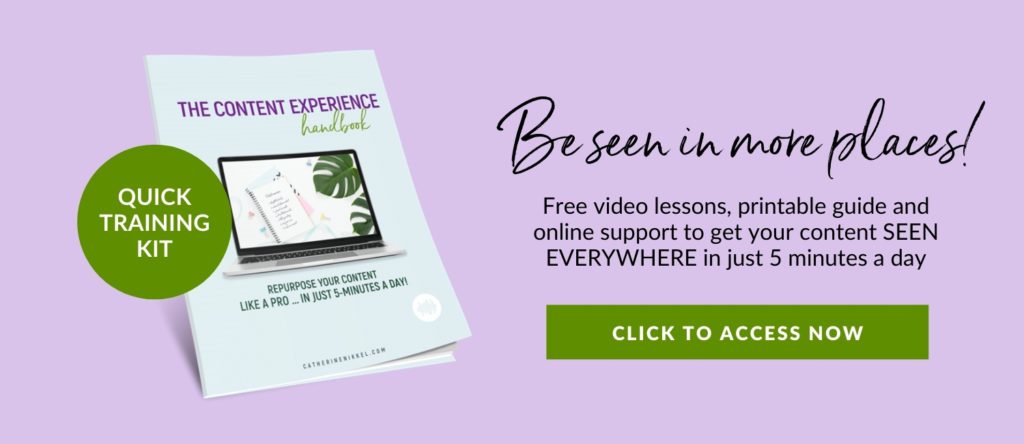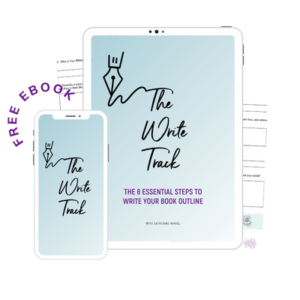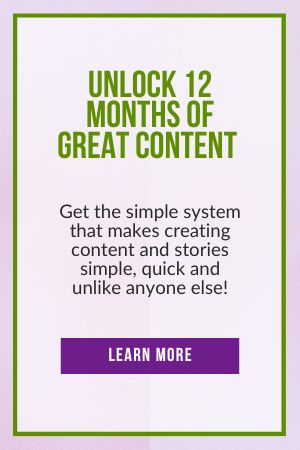One of the simplest solutions if you are looking to improve your storytelling skills is …
Read More Books.
And by books, I don’t just mean of the non-fiction, personal growth genre – I mean good, old-fashioned FICTION.
And by storytelling, I don’t just mean your personal story. I also mean the story that tells the story of your corporate culture, or the one that defines your small business.
Why?
Hang on a second here…this might just blow your mind…
The BEST way to learn how to tell compelling, relatable, and memorable stories is to study from the pros. The best storytellers are those who have honed their skills through a process of:
- Reading, reading, and more reading
- Analysis of the key components of a good story
- Practice, practice, and more practice
Now, I’m not going to undermine the importance or relevance of non-fiction texts, manuals, blogs, etc that share important ideas and strategies on how to improve your writing skills and up your storytelling game. Many of them are fantastic and a great resource.
However, for today, I’m focusing on what we can learn from works of fiction because I think many of us read fiction mainly for entertainment or escape, but don’t realize how much it has to teach us about life, about people and relationships, and about the writing process.
Particularly when it comes to storytelling there is no better place to look for guidance than ACTUAL storytellers, am I right?
Let me give you some concrete examples…
Published in 2001, this beautiful novel plays with our emotions, right from page 1. It awakens our senses with brilliant descriptive language, depicts flawed, yet redemptive characters, and shows the complexity of social and economic hierarchy. Another key element of a great story is the element of surprise, and the author manages to give us one right at the very end.
The first novel from an American wildlife scientist, this book is rich with metaphors comparing the behavior of animals and insects with that of humans – not only do you learn a lot about nature, but it’s a lesson in human behavior as well. The book also successfully uses a divided timeline to keep the reader interested and engaged. Add to that a strong female character who triumphs over adversity and teaches us things in the process, and you have a recipe for a great book (and a great lesson in storytelling).
An oldie, but a goodie, this book was first published in 2003, and has lots to teach us about a captivating plot – it must contain some dramatic tension in order to keep the reader interested. Similarly, a good story typically features a hero or heroine (in this case, Dr. Langston, the symbologist fills the role) who can be relied on to resolve the conflict, and ultimately, lead the reader through the story from beginning to end (and usually with a few twists and turns along the way).
I could go on and on here and list many more books and equally many reasons as to why I love fiction and what I think we, as storytellers, can learn from it.
However, in the interest of time, I will stop there and summarize.
The next time you sit down to read a work of fiction, I invite you to take a closer look at the myriad of ways that the author uses literary devices such as:
- Metaphor
- Mood
- Irony
- Imagery
- Foreshadowing
- Symbolism
Etc., to communicate a strong and important message to their audience.
Successful stories have the power to connect us to one another, to point out our similarities and our shared human experience, to share relevant and relatable information, and to help us solve problems – sometimes resolving issues that we didn’t even know we had.
Learning to tell your story successfully can take time, patience, and some trial and error, but rest assured, you can do it! Every day I help entrepreneurs and small business owners to pinpoint their message, identify their ideal audience, and get their unique and powerful story out into the world.
If this sounds like something you’re interested in, reach out for a complimentary conversation. Let’s make your story sing!
Resources
Join The Storytellers Café – My free training community to help you create an impact through your story
Enrol in The 5-Day Content Experience – Learn how to repurpose your content like a pro…in 5 minutes a day!

Email: catherine@catherinenikkel.com
Facebook: https://www.facebook.com/profitablestories/
Need help telling your story in your own voice? Let’s make it happen. Schedule a consultation with me here






